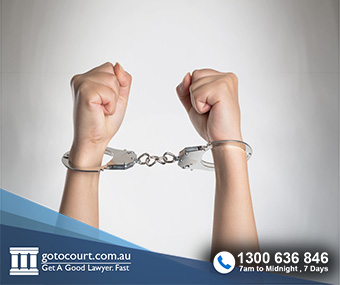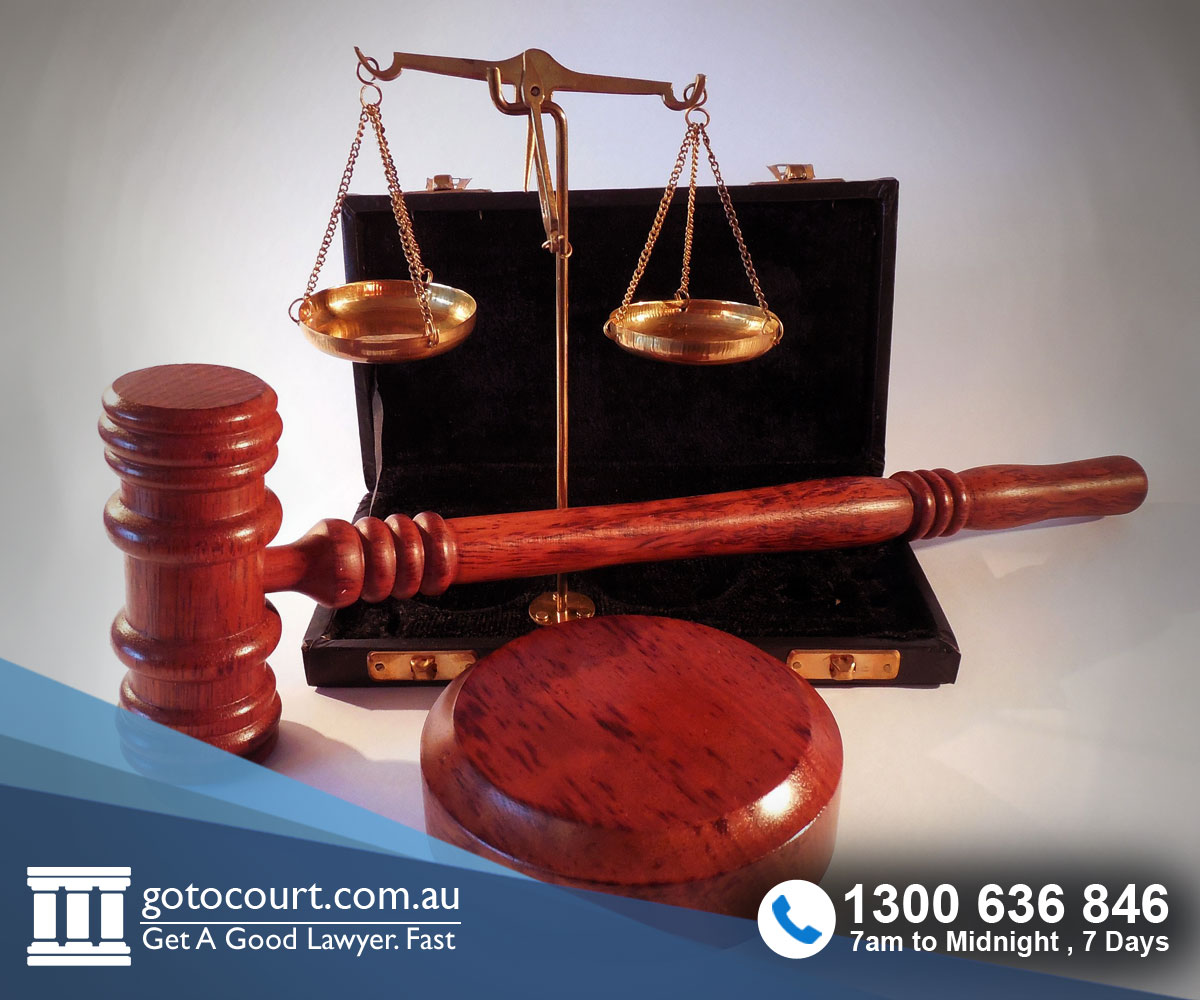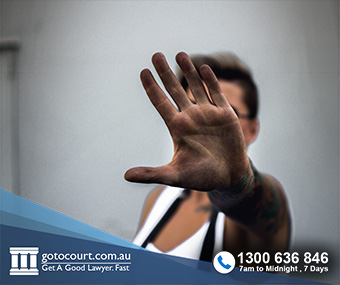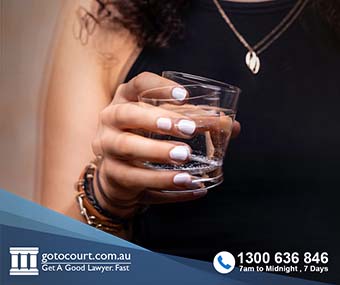The Age of Criminal Liability (Vic)
The age of criminal liability is the age at which a person can be arrested, charged and found guilty of a criminal offence. The age of criminal liability in Victoria is currently 10. However, the Victorian government has committed to raising the age to 12. The change comes in response to widespread pressure to raise the age across all Australian jurisdictions due to the high number of children, and particularly Indigenous children, in detention.
An age of criminal liability of ten is considerably lower than the international average (which is 14) and many youth justice professionals in Australia believe the age should be raised across the country.
Children under 10
Children under 10 cannot be arrested, summonsed, charged or found guilty of a criminal offence (Section 344, Children, Youth and Families Act). This is because children below 10 are considered too young to be held responsible for their actions under the criminal law.
If a child under the age of criminal liability commits an act that would be a criminal offence if committed by an older person, such as assault or theft, there are various consequences that could flow from this. These include:
- the child being disciplined by parents or teachers;
- a notification being made to Child Protection that the child is being inadequately supervised or cared for;
- the child being referred to counselling.
Children between 10 and 14
When a child between the ages of 10 and 14 is charged with an offence, the prosecution must show that he or she understood the act was a crime and that the behaviour was wrong. If prosecution cannot establish this, the young person will be acquitted on the basis of immature age. This is known as the doli incapax (‘incapable of evil’) rule. The doli incapax rule amounts to a rebuttable presumption that a child under 14 is not criminally responsible.
Children over 14
When a young person aged over 14 but under 18 is charged with a criminal offence, the matter is dealt with in the Children’s Court, which is the juvenile division of the Magistrates Court if the offence is a summary offence. If the offence is an indictable offence, it will be mentioned in the Children’s Court, then committed to the District, County or Supreme Court.
Young people who are dealt with by the Children’s Court are subject to the same procedures and rules of evidence as adult offenders. There are some additional rules that apply to juvenile offenders, such as the requirement that they attend court accompanied by a responsible adult, usually a parent.
A young person who is found guilty or pleads guilty to an offence in Victoria is sentenced under the Children, Youth and Families Act 2005. The primary goal to be achieved by any sentencing order under that act is the rehabilitation of the young person.
The court can sentence the young person to a range of orders, including a good behaviour bond, a fine, a youth supervision order or a period of detention. The court can also defer sentencing for a period to allow the young person to participate in a group conference or a diversionary program.
Arguments for raising the age of criminal liability
The criminalisation and detention of young people in Australia has been the cause of public outrage and widespread concern among human rights groups in recent years. The criminalisation of children at an early age is believed by many to lead to further offending by the young person and to increase the likelihood of their coming into contact with the criminal justice system as an adult.
The young people who come before the courts and those who are sentenced to youth detention are overwhelmingly from low socio-economic groups, with Indigenous children being over-represented. Advocates of raising the age of criminal liability argue that having a low age further marginalises underprivileged children, entrenching disadvantage. Children who are dealt with by the justice system at an early age are less likely to complete their schooling and find employment.
Medical research shows that children’s brains are still developing and that children below the age of 12 have limited capacity for reflection.
The UN Committee on the Rights of the Child advocates all countries working towards an age of criminal liability of 14 or higher.
Arguments for keeping the age of criminal liability at 10
Supporters of the current age of criminal liability argue that young people commit serious criminal offences for which they should be adequately punished and that the community must be protected from such offenders. It has also been suggested that lowering the age could lead to young people using younger children to carry out offences.
Supporters of the current age of criminal liability also argue that the doli incapax rule provides a safeguard for young people who are not mature enough to be held accountable for their actions and that raising the age is therefore unnecessary.
Plan to raise age to 14 abandoned
The Victorian government had previously committed to raising the age of criminal liability first to 12, and subsequently to 14 by 2027. However, this plan has now been abandoned due to concerns about community perceptions of crime.
If you require legal advice or representation in a criminal matter or in any other legal matter, please contact Go To Court Lawyers.








